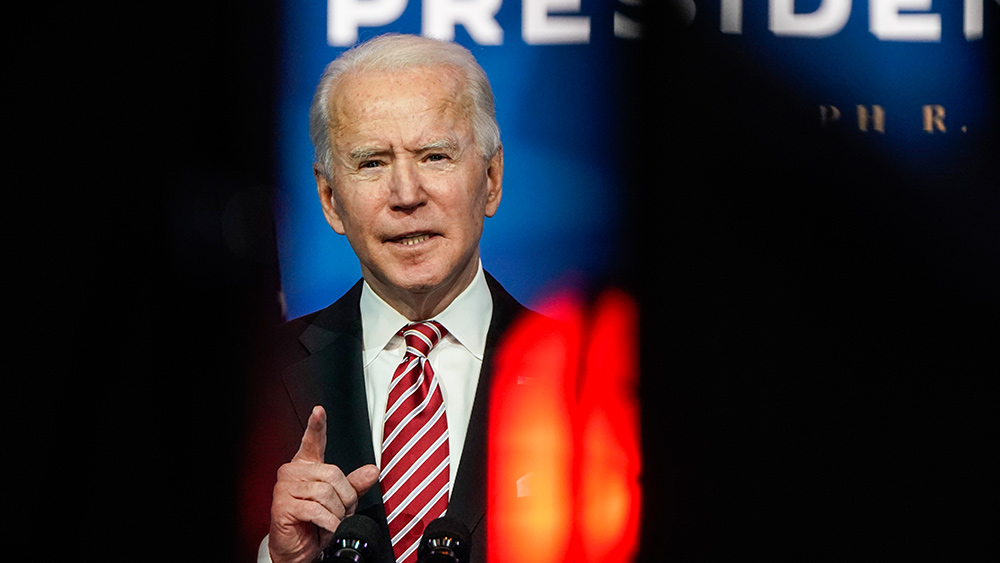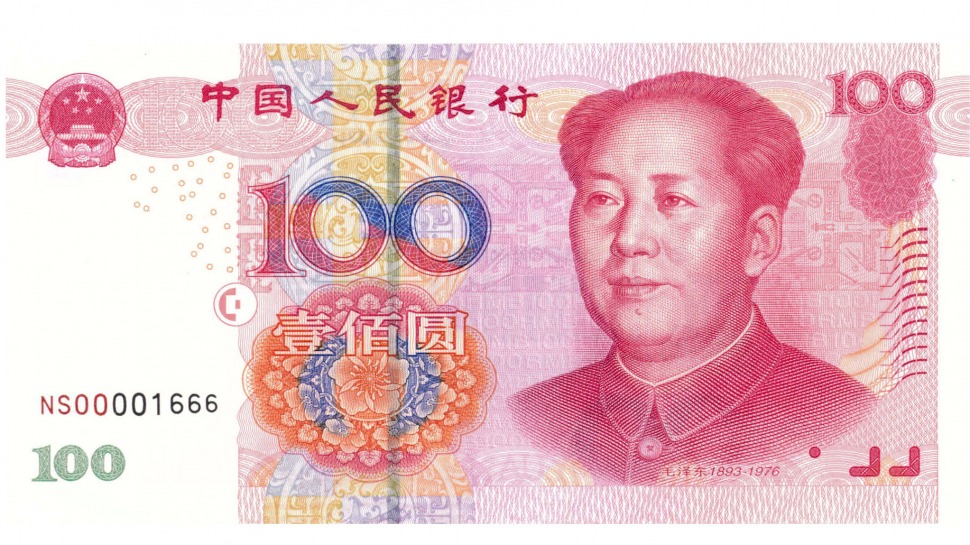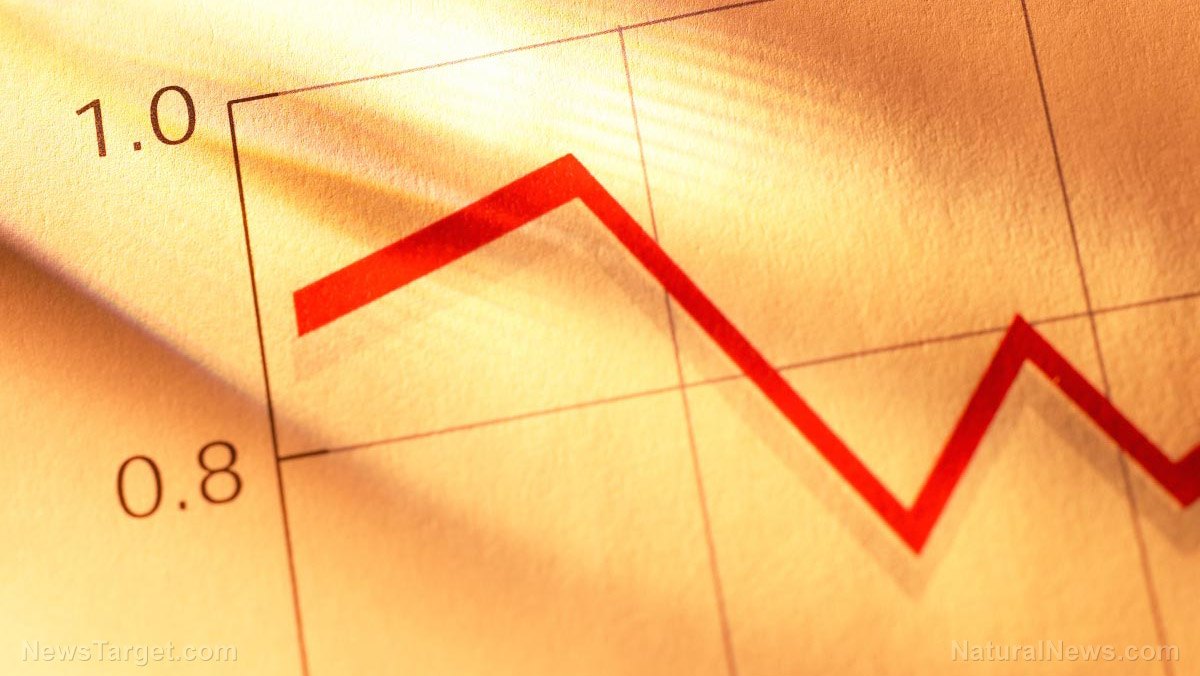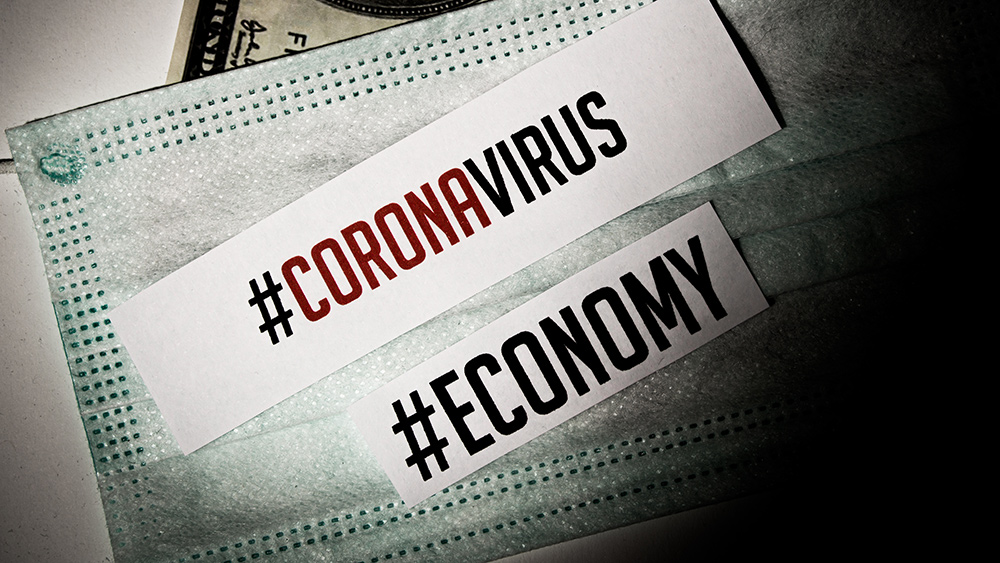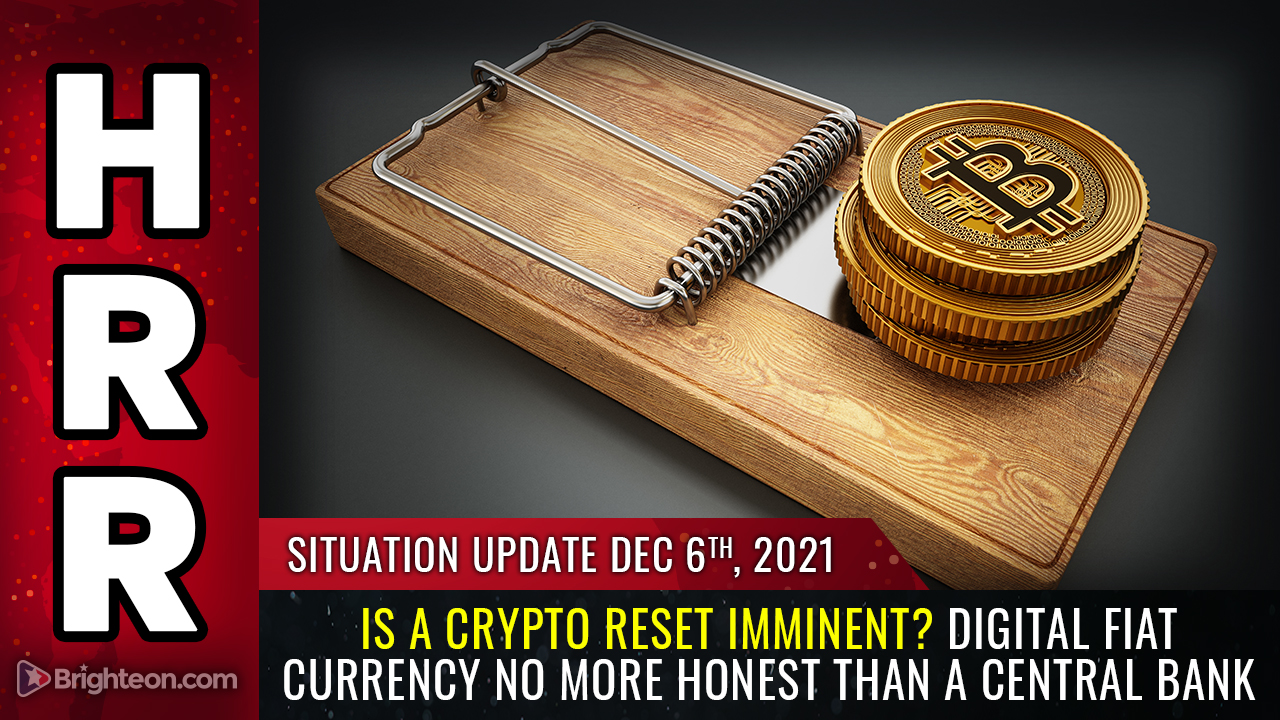Cryptocurrency scam hits hundreds of small investors
05/17/2021 / By Ramon Tomey

Hundreds of cryptocurrency investors lost all their money in their digital wallets after a cryptocurrency scam. The victims invested in a new cryptocurrency, allowing them to purchase pre-sale tokens through fund transfers. Unfortunately, the fund transfer approvals permitted bad actors to access the victims’ digital wallets – and steal all their money.
The affected investors put their money in the efarms cryptocurrency launched by the ElonFarms company. Despite the company name, Tesla and SpaceX CEO Elon Musk has no involvement in the aforementioned cryptocurrency. Initially, investors thought they approved a transaction to purchase the efarms coins. But instead, they lost all their tokens kept in their Trust Wallets instead of the amount for the purchased coins.
They later found out that the contract for the transaction they accepted allowed ElonFarms to access their entire digital wallet. Many lost all their digital assets because of the scam, with the total number of victims unclear. Affected investors established the ElonFarmsRugPoll Telegram group on April 24 to discuss their next steps. It managed to gain almost 500 members within two days.
Some of the victims stepped forward to share their experiences
The Epoch Times spoke to some investors victimized by the cryptocurrency scam. According to a victim who went by the alias “Mr. Ray,” the official efarms Telegram group had over 3,000 investors before being deleted. He introduced himself as a mid-20s pipeline worker who lives in the midwestern U.S., adding that he invested in cryptocurrencies to help with family finances.
“Mr. Ray” said he was excited and even stayed up late to claim the efarms tokens as soon as the pre-sale for these ended on April 24. All he saw on his end was a prompt to approve the transfer fee to receive the cryptocurrency tokens worth $300. But in the end, he received no tokens – and saw his digital wallet being cleared out. “I just couldn’t believe it,” he said.
The investor lamented that the $6,000 he lost to the scam “could have helped me buy time” as pipeline jobs dwindled this year. “I have come to terms with the loss. I hope those responsible for hurting so many people get their fair shares,” he told The Epoch Times. “Mr. Ray” did not report the incident to police, but he has been collecting information to provide tips to federal law enforcement.
Meanwhile, another victim who went by the alias “Mr. Crypto” did not buy pre-sale tokens. He instead invested $100 in one of the mining farms linked to the digital currency. “Mr. Crypto” was expecting an interest payment for his initial cash-out, so he accepted the contract and confirmed the payment. The 34-year-old Canadian who works as a real estate developer and software developer had been dabbling with cryptocurrencies since 2017.
A few days later, he received a notification from Trust Wallet informing him that $67,400 was transferred. Upon checking the transaction details, “Mr. Crypto” realized that ElonFarms had migrated the tokens from his wallet to another wallet. “That’s when I knew that I was scammed,” he said. The investor immediately revoked all permissions to his Trust Wallet to prevent further losses, adding that he wouldn’t use the digital wallet again.
“Mr. Crypto” reported the scam on the Binance community board, which is operated by the cryptocurrency exchange behind Trust Wallet. He also sent a report to the Federal Bureau of Investigation‘s Internet Crime Complaint Center. “I don’t care so much about getting my money back as catching them and putting them in jail,” he told The Epoch Times. (Related: Another Crypto Ponzi scheme collapses: DavorCoin caught defrauding investors who lost nearly everything.)
The efarms scam shines a light on the possible issues within the cryptocurrency exchange
Crypto Working Group (CWG) founder Richard Hecker told The Epoch Times: “There are tons of ways to commit fraud in cryptocurrency. There’s a lot of places where there are [leakages] and issues. There’s no perfect way to investigate any of this stuff, especially if it’s offshore. [When] you’re dealing with anything that’s offshore, it’s really hard.”
Hecker established CWG in 2017 to educate government agencies on cryptocurrencies. He also called for cryptocurrency smart contracts to be audited as they are made of computer code. These contracts served as the gateway for ElonFarms to access investors’ digital wallets and steal their money.
Meanwhile, LDJ Capital Chairman and founder David Drake projected potential issues that the company behind Trust Wallet would face with regulators. “It sounds like Binance is going to have a big headache with the Securities and Exchange Commission (SEC) from now on,” he said.
According to a Quartz report, SEC Chairman Gary Gensler said the commission wants “to ensure … appropriate investor protection” – especially when securities that trade on exchanges are involved. His office would be in charge of handling cryptocurrencies considered to be securities.
Gensler told lawmakers during his March 2 confirmation hearing: “Bitcoin and other cryptocurrencies brought new thinking to payments, but raised new issues of investor protection we still need to attend to.” He added that the commission would provide “guidance and clarity” to the cryptocurrency sphere. Furthermore, the SEC head hinted at more government oversight of cryptocurrencies in the long run.
Head over to BitRaped.com to read more articles about the dangers of cryptocurrency.
Sources include:
Tagged Under: bitraped, Collapse, cryptocurrency, cryptocurrency scam, deception, digital currency, digital wallet, efarms, ElonFarms, finance, Gary Gensler, Ponzi scheme, risk, robot economy, scam, Securities and Exchange Commission, Trust Wallet
RECENT NEWS & ARTICLES
COPYRIGHT © 2018 MONEYSUPPLY.NEWS
All content posted on this site is protected under Free Speech. MoneySupply.news is not responsible for content written by contributing authors. The information on this site is provided for educational and entertainment purposes only. It is not intended as a substitute for professional advice of any kind. MoneySupply.news assumes no responsibility for the use or misuse of this material. All trademarks, registered trademarks and service marks mentioned on this site are the property of their respective owners.

